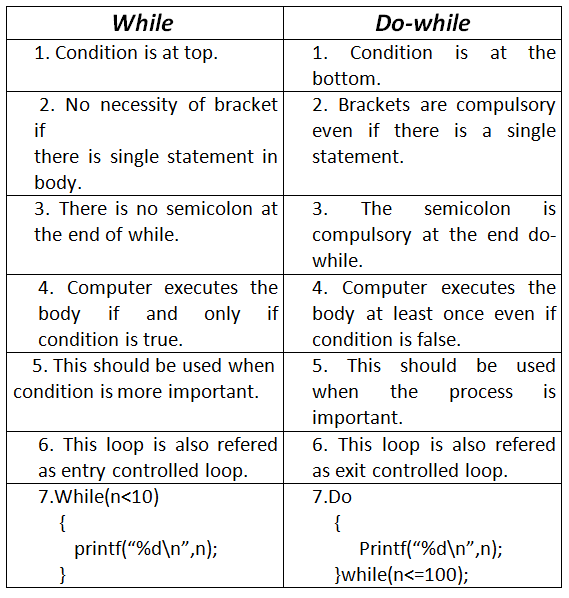When it comes to understanding the English language, it’s important to differentiate between similar words that have distinct meanings. Two such words are “when” and “while.” While they may seem interchangeable in some contexts, they actually serve different purposes and should be used appropriately to convey the intended message.
When we use the word “when,” we are referring to a specific point in time or a particular moment. It is used to indicate a single occurrence or event that happens at a particular time. For example, “I will call you when I arrive home.” In this sentence, “when” is used to specify the time at which the action of calling will take place.
Difference Between When and While
On the other hand, “while” is used to indicate a period of time during which an action takes place. It is used to show that two actions are happening simultaneously or at the same time. For example, “I fell asleep while watching a movie.” In this sentence, “while” is used to indicate that the action of falling asleep happened at the same time as watching the movie.
Another key difference between “when” and “while” is that “when” is used for singular events or actions that occur at a specific moment, while “while” is used for ongoing or continuous actions that happen over a period of time. Understanding this distinction can help you use these words correctly in your writing and communication.
It’s important to note that the use of “when” and “while” can also depend on the context of the sentence and the intended meaning. Paying attention to the specific timing or duration of actions can help you determine which word to use in a given situation.
In conclusion, while “when” and “while” may both refer to time-related concepts, they serve different functions in the English language. “When” is used to specify a particular moment or event, while “while” is used to indicate a period of time during which actions occur. By understanding the nuances of these words, you can improve your language skills and effectively communicate your thoughts and ideas.
